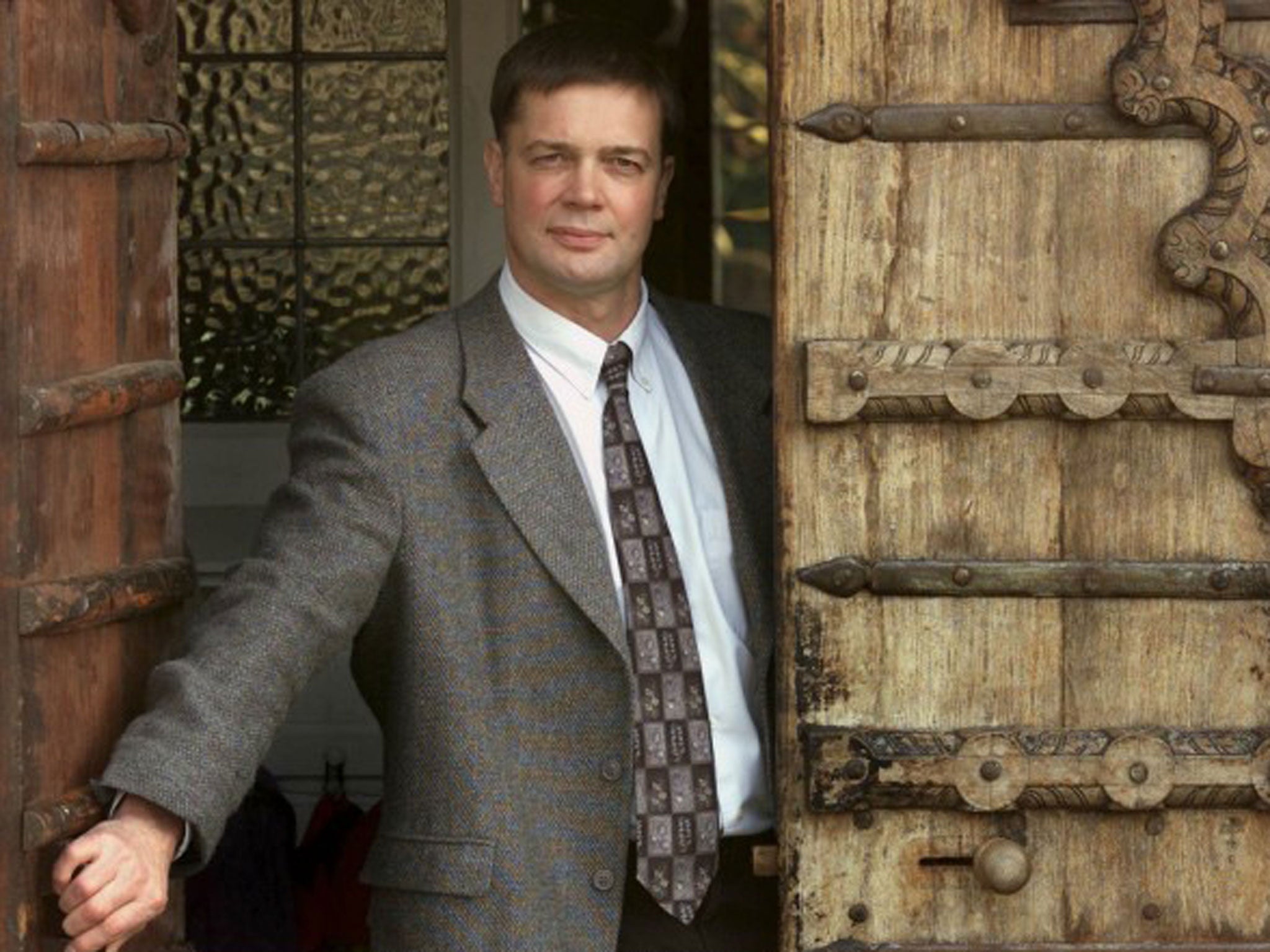‘Balderdash’ – expert’s damning verdict on the latest claims of discredited MMR scaremonger Andrew Wakefield

The discredited doctor who triggered the MMR scare 15 years ago has pinned the blame for the outbreak of measles in south Wales on the Government.
In an extraordinary intervention, Andrew Wakefield, who was struck off the medical register, said the “British Government is entirely culpable” for the outbreak and accused officials of “putting price before children’s health” – despite a widespread consensus that it was the panic over his flawed research that led to the surge in the disease.
The number of measles cases in the Swansea area rose to 693 on Thursday. It is now the largest outbreak in the country for over a decade, exceeding the 622 cases recorded in Merseyside in 2012.
Public Health Wales warned that the outbreak was unlikely to peak for “two to three” weeks because of the incubation period for measles. Children return to school after the Easter holiday on Monday and will begin mixing with a wider group of their peers, which could accelerate the spread of the disease.
Health officials urged parents to take their children to one of the drop-in vaccination clinics set up in the wake of the outbreak.
They say at least 6,000 people remain unprotected in south-west Wales and it is only a matter of time before a child develops serious complications as a result.
Dr Wakefield was the chief author of the now infamous and discredited 1998 Lancet paper that first linked the MMR vaccine with bowel disease and autism. In a statement posted on Thursday on the US website Age of Autism, he blamed the rise in measles in the UK on the Government's decision to withdraw import licences for single vaccines in September 1998, six months after the Lancet paper appeared.
He said the Government was more interested in protecting the MMR programme than protecting children and challenged "any serious defender of MMR vaccine safety" to a debate on live television.
He had recommended the use of single measles vaccine at the press conference to launch the Lancet paper and said that "remains my position".
But when, in 1998, he asked the UK Health Protection Agency why the import licences for single vaccines had been revoked he says he was told that allowing parents the choice would "destroy our MMR programme".
"The Government's concern appeared to be to protect the MMR programme over and above the protection of children," he claims.
He accused officials of having approved "dangerous" brands of MMR vaccine a decade earlier in 1988, when the vaccine was first launched in the UK, which later had to be withdrawn because they "caused meningitis".
"These government officials put price before children's health and have been seeking to cover up this shameful fact ever since."
He cites cases in the courts in the US and Italy where families of children suffering autism have won damages worth hundreds of thousands of dollars after judges accepted the children had suffered "vaccine-induced brain damage".
Adam Finn, professor of paediatrics at the University of Bristol and an expert on childhood vaccines described Dr Wakefield's claims as "balderdash".
"His proposal for single vaccines was not based on any observations in his published paper. It came straight out of his head. There has never been any evidence it would have made any difference.
"There were, however, real concerns that sticking more needles in children was unkind, fewer children would show up for each round and they would face delays in getting protected. Single measles vaccine is only used in poorer countries that cannot afford MMR. No country in the world has switched from MMR to single vaccines."
Professor Finn said there had been a problem in the early years of MMR with one strain of the mumps virus used in the vaccine causing a transient form of aseptic meningitis. The make-up of the vaccine was changed, but the facts were well known and had not been covered up.
In relation to the court cases, he said it was important not to confuse principles of justice with the principles of science.
"Judges look at the case in front of them and make a judgement as best they can. They don't do it in a systematic way as scientists do."
In 2010, The Lancet retracted Dr Wakefield's research paper and he was struck off the medical register by the General Medical Council.
The GMC verdict found that he had acted "dishonestly and irresponsibly", showed "callous disregard for children's suffering" and betrayed patients' trust.
But the affair sparked a media storm which saw vaccination rates plummet, hundreds of thousands of children left unprotected, and measles cases soar.
Dr Wakefield moved to Texas, US, in 2001 where he is director of Medical Interventions for Autism and in January was promoting a reality TV series on autism.
Join our commenting forum
Join thought-provoking conversations, follow other Independent readers and see their replies
Comments
Bookmark popover
Removed from bookmarks